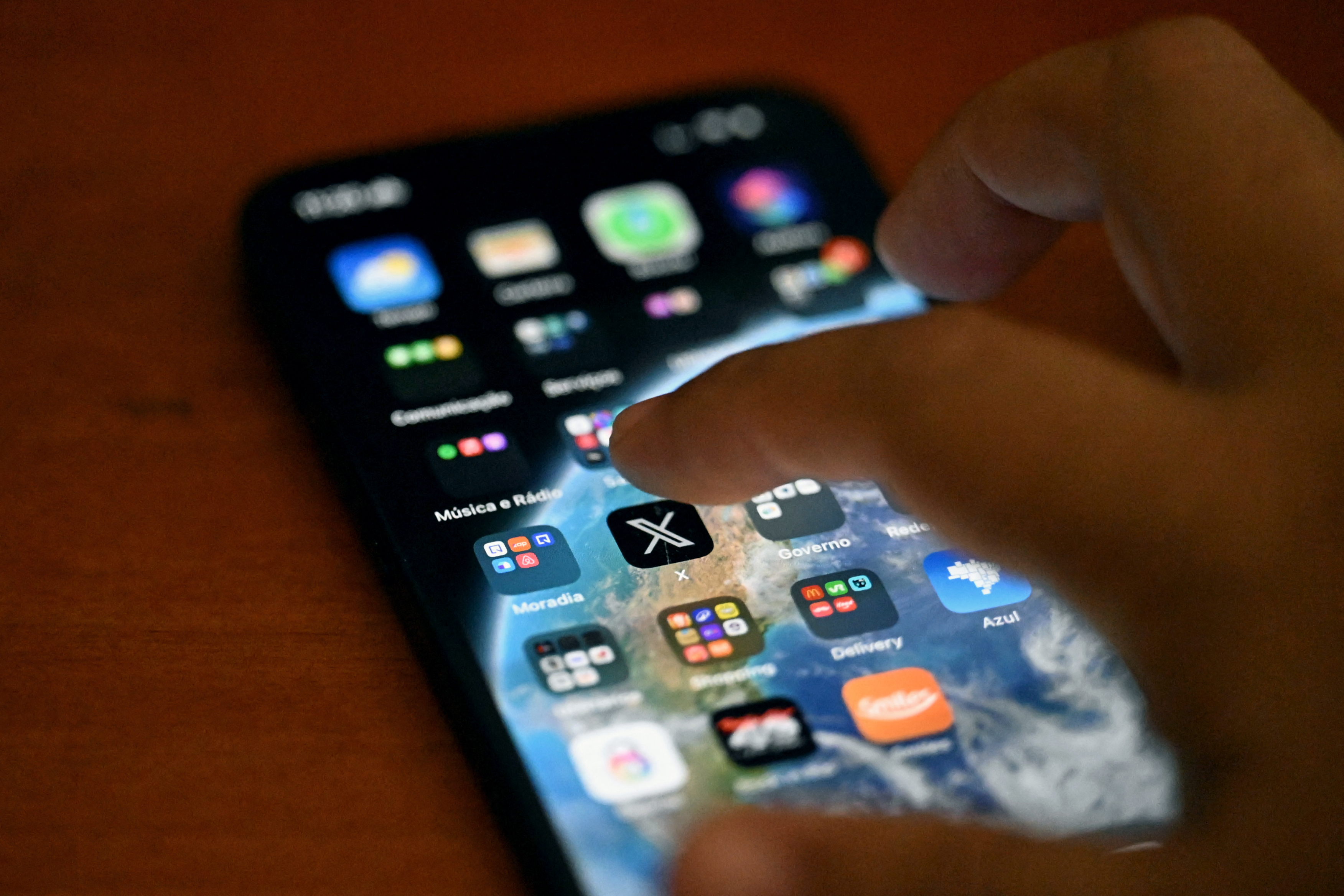As artificial intelligence (AI) turbocharges addictive apps and algorithms, global health experts are sounding the alarm on a growing crisis: Internet addiction now affects nearly half of smartphone users worldwide, with children and teens facing the most significant risks.
Digital technologies and societal problems are becoming increasingly intertwined, creating unprecedented mental health challenges worldwide, according to a coalition of health experts writing in The Lancet Psychiatry. Their statement, published mid-October, aims to develop evidence-based recommendations for addressing what many now consider a worldwide epidemic of internet addiction.
Lack of Safety Data
In the United States, roughly 95 percent of children and adolescents between ages 13 and 17 use social media, and one-third report using these platforms “almost constantly.” A 2023
study found that teens spend an average of five hours per day on social media platforms alone.
In a 2023 advisory, U.S. Surgeon General Vivek Murthy expressed concern about this trend. “Despite this widespread use among children and adolescents, robust independent safety analyses on the impact of social media on youth have not yet been conducted,” he wrote.
Some Forms of Internet Addiction Already Classified as Mental Disorders
The commission identified several factors exacerbating the crisis, including “ready access of minors to the internet, the use of addictive design and manipulative algorithms by technology companies to encourage and direct online attention, and the ever-increasing power of artificial intelligence (AI) to strengthen such designs and algorithms.”
While clinical recognition of the problem is one step, the Lancet statement emphasizes that “much more work is needed” across various sectors, including clinical services, public health initiatives, and policymaking. It also highlights the necessity of revisiting the existing “regulatory frameworks” established for substances and gambling to address the challenges posed by various forms of addictive online content and activities.
TikTok’s personalized “For You” stream, created by AI for each user, exemplifies this problem, and has been identified as a key contributor to platform addiction.
But social media is only part of the problem, and the Lancet Commission wrote about a need to include online forms of gambling disorder and gaming disorder, “which are classified primarily as disorders due to addictive behaviours and secondarily as impulse control disorders.”
The mental health community has begun formally recognizing these issues. The International Classification of Diseases (ICD-11) now classifies problematic video game playing as a mental disorder. Additionally, disorders related to online gambling, gaming, and compulsive sexual behavior have gained recognition, reflecting the addictive nature of these technologies.
Global Response and Future Action
The commission plans to unite an international multidisciplinary team of experts in behavioral health, public policy, and people who have personally experienced the adverse effects of internet use disorders.
“The confluence of recent investment in networked research to detect risk and prevent PUI in teenagers at an international level, advances in large language models, and ongoing legislative attempts to address online safety and to regulate AI in the USA, Europe, and Asia make this effort timely,” the statement noted.
The commission stated that its ultimate goal is to create a framework that guides the development of evidence-based care while reducing population-level adverse effects linked to technology use. It intends to focus on developing preventive and therapeutic interventions while balancing civil liberties with harm prevention.













